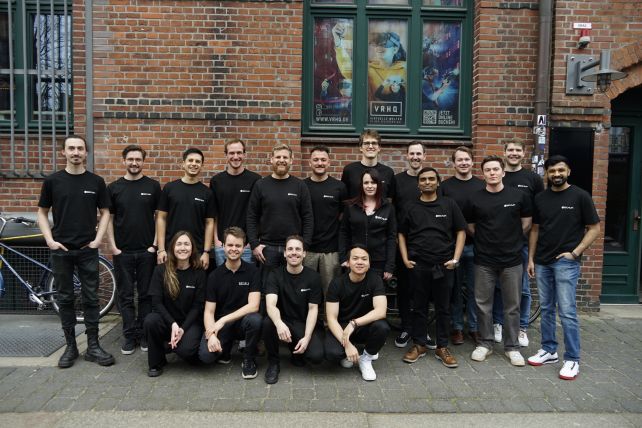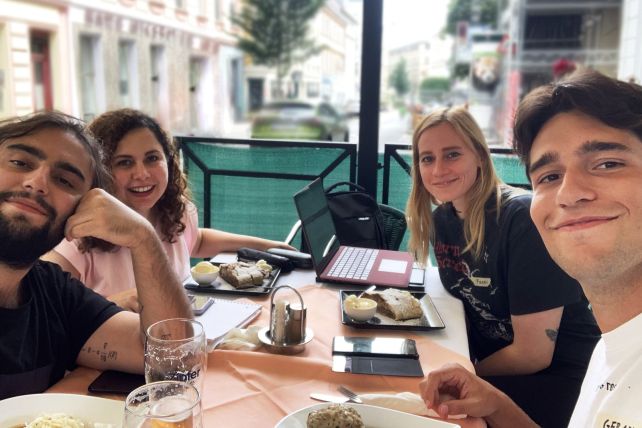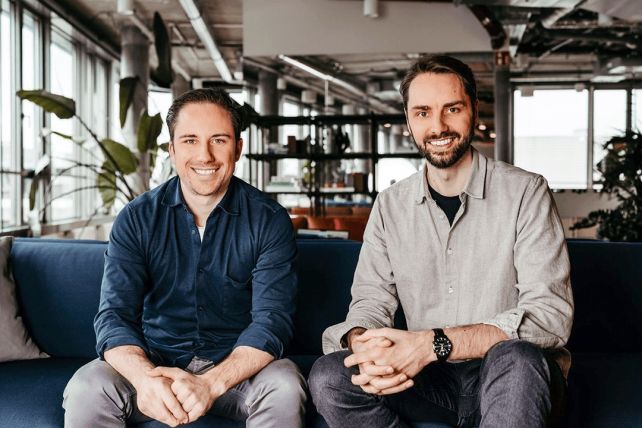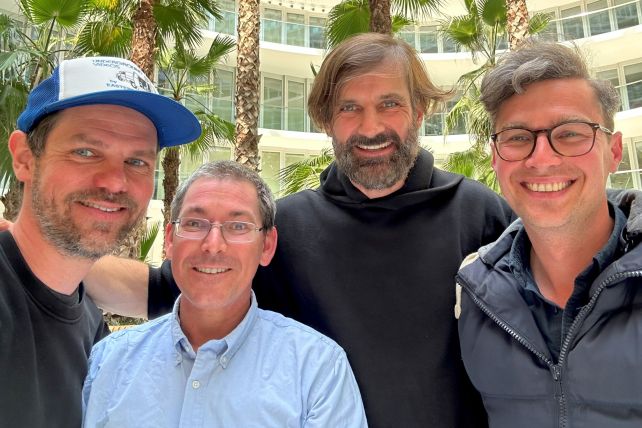It all started with two students who were looking for a quick job for the semester break. Today, their company WorkGenius, a placement platform for freelancers, has over 280 employees and is one of the few German startups to have made the leap to the USA successfully. It has just acquired the American staffing service provider JBC.
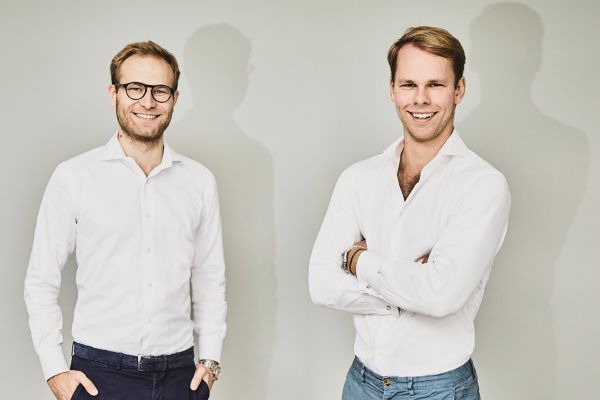
Even folding T-shirts requires skill
Folding T-shirts - that sounds like a job that's not too much of a challenge. That's what the two Hamburg students Marlon Rosenzweig and Daniel Barke thought when they took on a summer job with just this task in 2011. Far from it, because they turned out to be quite unsuited to folding textiles and soon had to look for a new job. That, too, was easier said than done. There was not yet a digital marketplace for such jobs and additionally cumbersome application procedures prevented hiring on short notice.
So, as with so many successful startups, personal experience and a desire to solve a common problem were at the root of the company's story. Mylittlejob was the name of the startup that Daniel and Marlon founded 2012 in Hamburg. The basic idea was that the classic job interview was no longer up to date. Especially not for students who are not looking for permanent employment, but only need to do a specific job for a limited period of time.
Ultimately, the decisive factor is the qualification for just this one task. Determining this through an objective online test was to become the basis for Mylittlejob's business model. The founders compiled the first questionnaire themselves and continuously improved it with the help of various experts. At the end of 2013, a test version was developed with ETH Zurich that met all requirements.
This test consists of 50 questions, for which there is generally no single correct or incorrect answer. For example, the speed of answering can also be a criterion. An example: Candidate A solves an arithmetic problem in seconds, but not to the decimal place. Candidate B takes a relatively long time but delivers the exact result. A suitable job can be found for both, because sometimes it's more a matter of speed, sometimes it's more a matter of accuracy. Of course, many other criteria are included in the evaluation. Over 5,000 data points are available for this purpose.
The concept was successful right from the start. Five days after the launch, around 1,000 students had already registered, when there were still no jobs on offer at all. This changed rapidly and by the beginning of 2013, around 150 companies had already opted for Mylittlejob, when the questionnaire was still in the midst of being optimized. Today, there are over 5,000.
The following period was characterized by steady growth. 2017 became a decisive year for the up-and-coming startup. On the one hand, it fulfilled a long-held dream and opened an office in New York. On the other hand, it was able to close a Series A financing round of 3.5 million euros in August. In addition to the entrepreneur Axel Sven Springer, Oliver Heine, Managing Director of the law firm Heine & Partner and member of the Supervisory Board of Axel Springer AG, also joined the company. John Jahr, grandson of the founder of the publishing house founder John Jahr senior and already a shareholder in Mylittlejob since 2013, invested again.
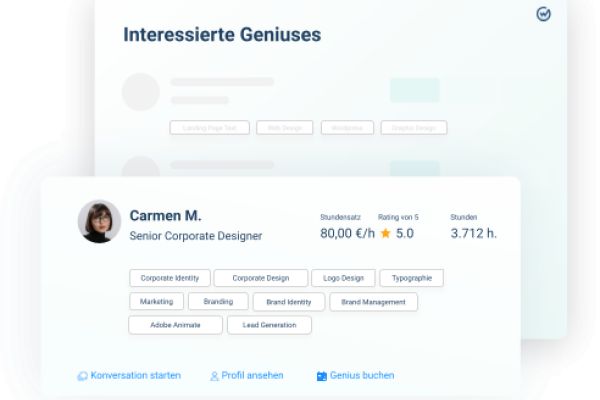
Mylittlejob becomes WorkGenius
2018 proved to be even more groundbreaking. In May, the company was renamed WorkGenius. That was much more than just a marketing move, because from now on the startup also placed self-employed people. The demand for freelancers had increased enormously in many industries, and the principle, which had proven itself with students, could be excellently transferred to this target group. The investors were also convinced of this and increased their financing round to 8.5 million euros in November. The next and so far last official round brought in another 6.4 million euros in February 2020.
In the meantime, WorkGenius had largely focused on freelancers, but students can still register. Since job offers now usually involve more complex tasks designed for a longer period of time, the list of questions has also changed. In addition, recommendations can play a role in the awarding process. The process for this is as follows: A company posts a job description and WorkGenius uses artificial intelligence to identify suitable candidates from a pool of 350,000 people. They are contacted and can indicate whether they are interested or not. If the response is positive, the company receives the corresponding proposal; on average, less than half an hour elapses until then. The rest is a matter of negotiation between the two parties, which is usually completed within 48 hours.
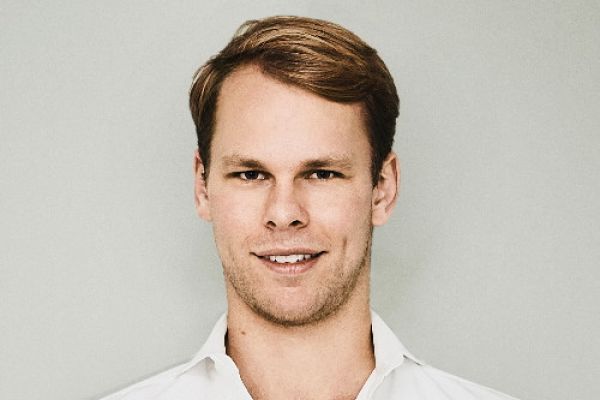
Acquisition expands US business
The market power WorkGenius now possesses became clear in June 2022. That's when the company announced the takeover of the U.S. staffing services provider JBC. JBC used to place job seekers in the traditional way, so the merger with the digital cracks from WorkGenius brings synergy effects for both sides. "Our goal has always been to make the $600 billion global freelance industry more efficient and transparent through our technology - both for employers and for the freelance professionals themselves. With the acquisition of JBC, we are a big step closer to achieving this goal. Both teams share the vision of being the preferred platform for companies to secure the best talent," comments Marlon Rosenzweig on the deal. It was financed through equity and old and new backers.
At the time of the press release, the number of employees after the acquisition was just over 250; four weeks later, it is already around 280. The majority work in New York, and the two founders also have their main residence there. Accordingly, WorkGenius now generates the majority of its sales in the USA. This year, it will probably be around 100 million US dollars, and the limit is far from being reached. In the medium term, Daniel Barke believes that a billion dollars is possible.

Is a unicorn growing up here?
Daniel attributes the fact that his company is growing so much faster in the U.S. than in his original home country in part to the bureaucratic hurdles here. For example, the ban on digital employment contracts is to be tightened in Germany, even though the EU recommends the opposite. Overall, he says, Germany needs to become more attractive for international talent. But of course, he doesn't see everything as bad either, certainly not in relation to Hamburg. He finds words of praise for the hanseatic city:
One of the favorite pastimes in any startup ecosystem is the search for unicorns, companies with billion-dollar valuations. One indicator of this is the amount of money that the various funding rounds have brought in. For WorkGenius, this is now around 20 million euros. Not bad, but it does not allow any conclusions to be drawn about the actual value of the company. Since WorkGenius is profitable, no further round will be necessary in the near future. However, the question of the next Hamburg unicorn should be settled at the latest when the targeted annual sales of billions of euros are within reach.



